By Abba Adakole
Our clever-by-half politicians have been all over the place of late. They have been defecting, re-defecting and un-defecting from one party to another. While some of them have tried to explain away the reasons behind dumping the parties that gave them the platform to win elections and be in government, others have ended up coming across as dumb in their own attempt to explain. Yet in all this miasma of political peregrinations is the common denominator of selfish interests. What these nomadic politicians are not willing to disclose is their inordinate ambition to contest the 2019 general election – even if their political parties consider them unworthy to fly their flags.
So when Bukola Saraki, or Godswill Akpabio, Kwankwaso or Shekarau comes with the tales by moonlight, just be sure that it is all about 2019. As everyone can see, the politicians are now visiting home; they are talking to the people and feigning humility and accountability! As much as these politicians are parroting internal democracy and the lack of it in their former political parties, it is altogether doubtful if they indeed understand the way democracy works.
One of the defining features of liberal democracy is periodic elections. Election provides citizens the great opportunity for enjoying their constitutional right of franchise. It affords citizens the chance to vote for and be voted for. Beyond the opportunity to exercise vote choice is the fact that elections provide political parties with the opportunity of putting its members in power by forming a government. And because of the realisation that those in government are not angels but human beings with their own frailties, the logic of democracy further dictates that these elections have to take place periodically, in our case, every four years. This is to afford the electorate the chance to review the performance of their elected officials – executives and legislators – and either renew their mandate or vote them out.
It means that elections are instruments of vertical accountability that empowers the electorate to reward or sanction a given official. It does not matter whether that official is a president, governor, senator or local government chairman. What is important though is that an election is proof that power belongs to the people. However, the experience of the Nigerian electorate with their leaders cannot be said to be an assuring one. If anything, the Nigerian voter since the introduction of the elective principle in 1922 has consistently been swindled. The same basic problems of governance that have bedevilled the country especially from the Second Republic are clearly more complicated today. Whether you consider absence of good roads, poor electricity supply, lack of potable water, poor healthcare delivery, poor funding of education, corruption, abuse of office, etc., the story is that of compounded woes.
Whereas it is axiomatic that there is a positive correlation between liberal democracy and economic development, the Nigerian democracy is yet to yield the dividends to our people. Our politicians are still at this pedestrian level of asphalting theory of democracy by chronicling the few kilometres of road tarred as major dividends of democracy. And why are citizens not asking the right questions? Why has a system noted for improving the life chances of ordinary people globally not producing the same cheery results in our own domain? Why are Nigerians poorer in the last two decades that their country has earned the most revenue in history? The answer is quite simple. Our elections have been perverted to the extent that they no longer perform the basic democratic function of rewarding effective leadership and punishing a poor one.
Interestingly, Comrade Adams Oshiomhole, the national chairman of the All Progressives Congress, (APC), as usual is setting the right democratic agenda. A man known for fighting many battles on behalf of his compatriots, has taken up the challenge of fixing the problem of internal democracy in our party system. Oshiomhole is championing a sea change in our democratic journey by insisting that his party embraces direct primaries in the election of party candidates, from the presidency, to state assembly members. He is of the view that only saleable candidates deserve to be given APC tickets in the 2019 general election.
You would think that Oshiomhole will be commended for his forthright decision on direct primaries. No. There are two major groups tackling Oshiomhole. Understandably the first is the Peoples Democratic Party (PDP) which sees something sinister in the idea. Although its opposition to direct primaries can hardly change anything in the ruling party, it went ahead to allege of an illusory plan to use the result of the APC direct president primaries to “justify” a rigged result in the 2019 presidential election for President Buhari. How imaginative? PDP if not for its disorientation, as a matter of fact, needs direct primaries more than the APC. As an opposition party, facing a huge image overhang as a direct consequence of its poor performance in sixteen years, the PDP needs an exceptionally popular candidate to win any election in the country. And that kind of popularly acceptable candidate can only be thrown up by a direct primary shorn of the manipulations of god-fathers in the corrupt delegate system. But it seems that PDP is yet to learn any lessons from its bloodied nose in 2015.
Oshiomhole as a former governor understands why state governors are the second group behind the surreptitious and slimy campaign against direct primaries in his party. Governors pose the greatest obstacle to democratic practice in Nigeria. Yes, governors nominate ministers for the President, choose who will be local government chairmen, who will run for the state assembly slot in all the constituencies in the state, who will go to Abuja as senators and members of the House of Representatives and who must replace them if they are on their second term! Those on their second term not only want to foist their successors even if their personal choice as in Imo State is considered irritating to their people; they also want to grab the senate ticket for themselves or their wives. They are opposed to direct primaries because indirect primaries make it easier to buy up all the delegates and foist unpopular candidates on their party.
This battle to enthrone direct primaries should not be left to Oshiomhole alone to fight. All lovers of democracy irrespective of party affiliations need to lend a hand. One of the key institutions where corrupt elections, which indirect primaries represent has undermined is the Senate. Today, the red chamber which ought to be the bastion of our contemplative politics and policy-making has been reduced to a sanctuary for corrupt former governors hiding from the law. With direct primaries, the corrupt governors who through their prebendal politics ruined the economies of their states would never get the opportunity of going to the senate to wreak more havoc on the country. Is it not interesting that those opposed to direct primaries only point to the problem of defective party registers across board? Surely, registration of party members in the 21st century cannot be a Sisyphean task.
- Mr. Adakole, a public affairs analyst, contributed this piece from Abuja via abbaadakole@gmail.com











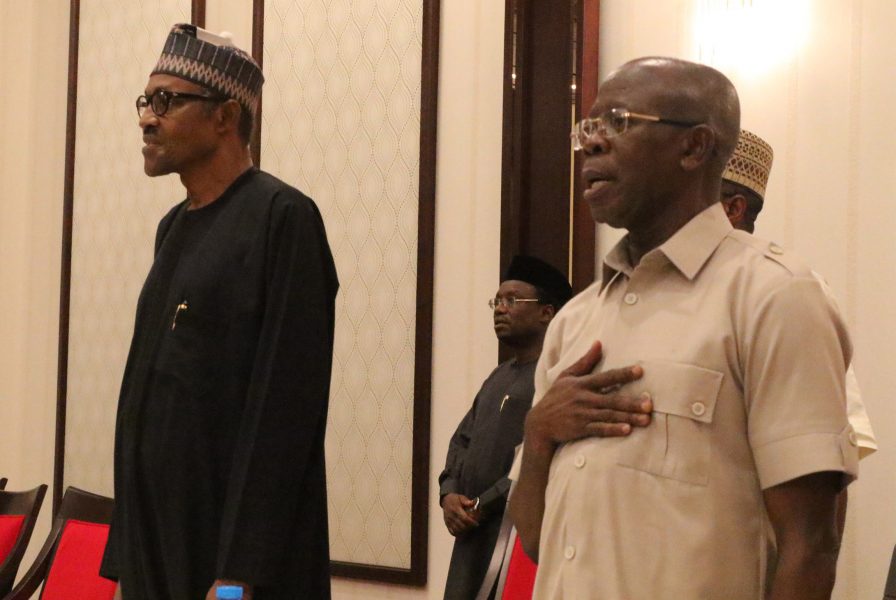

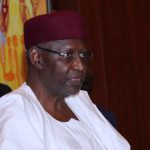
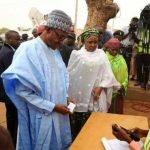






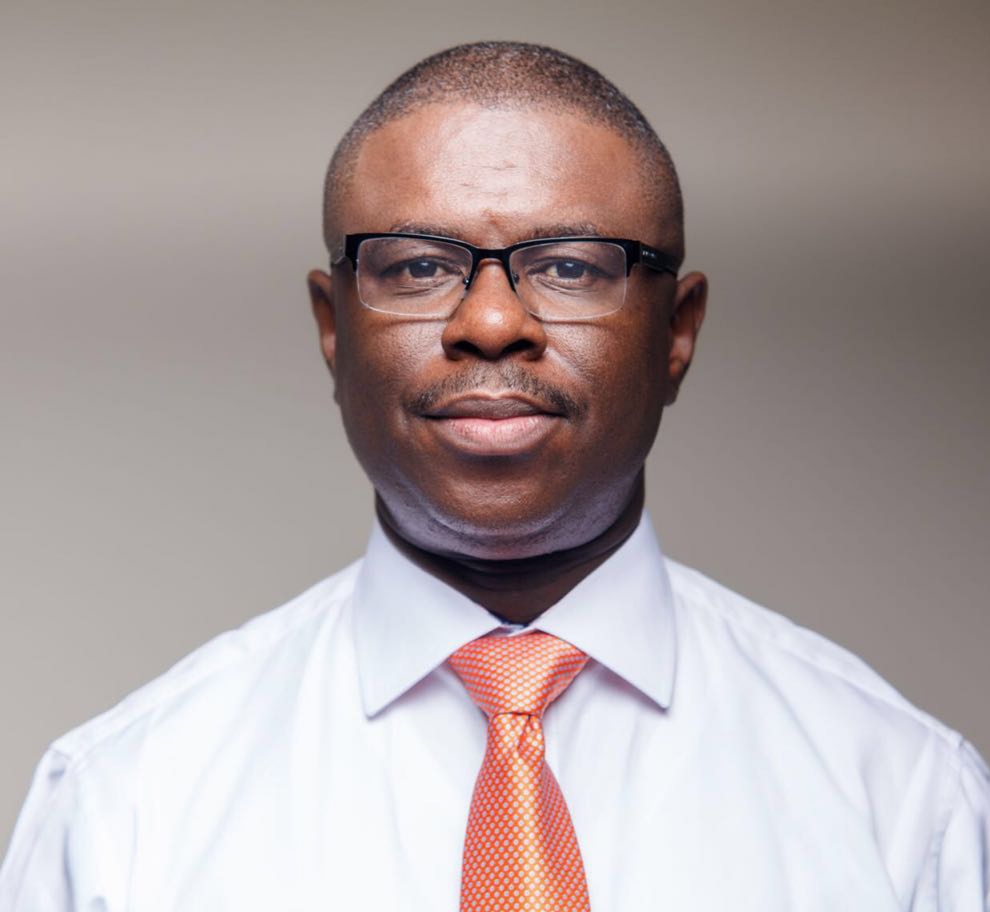

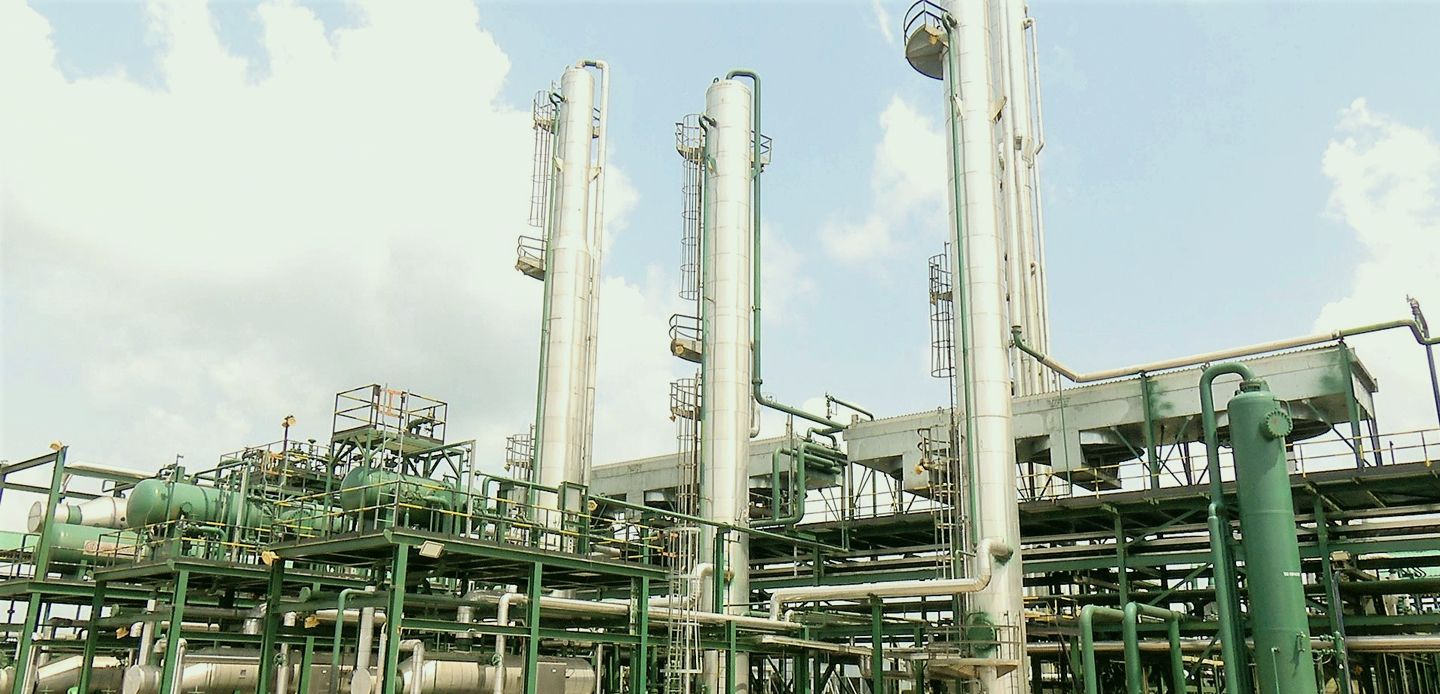
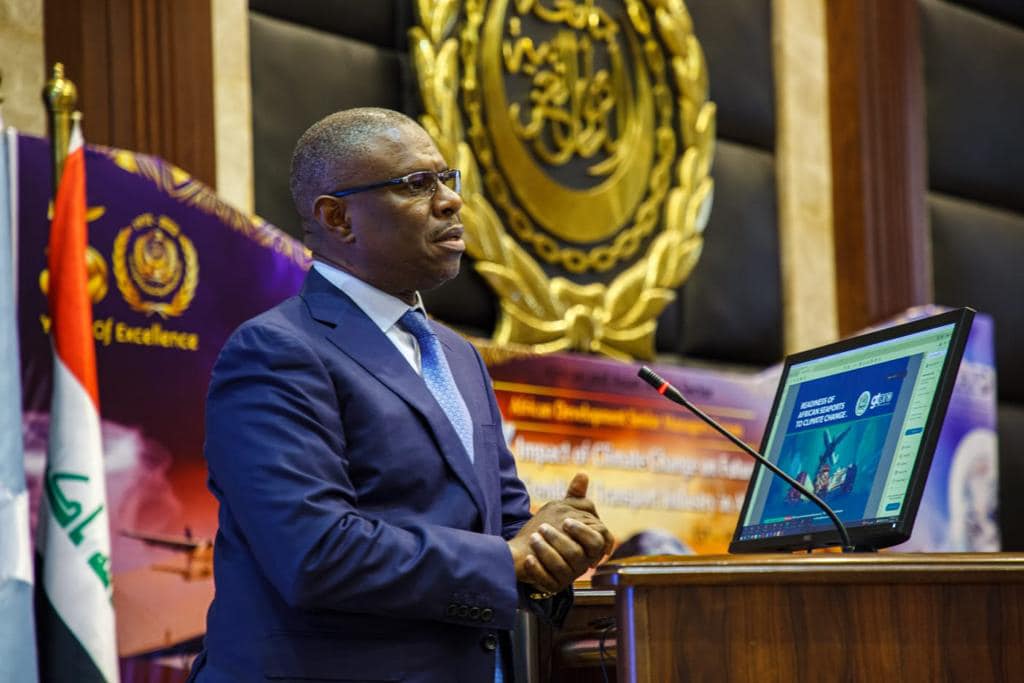

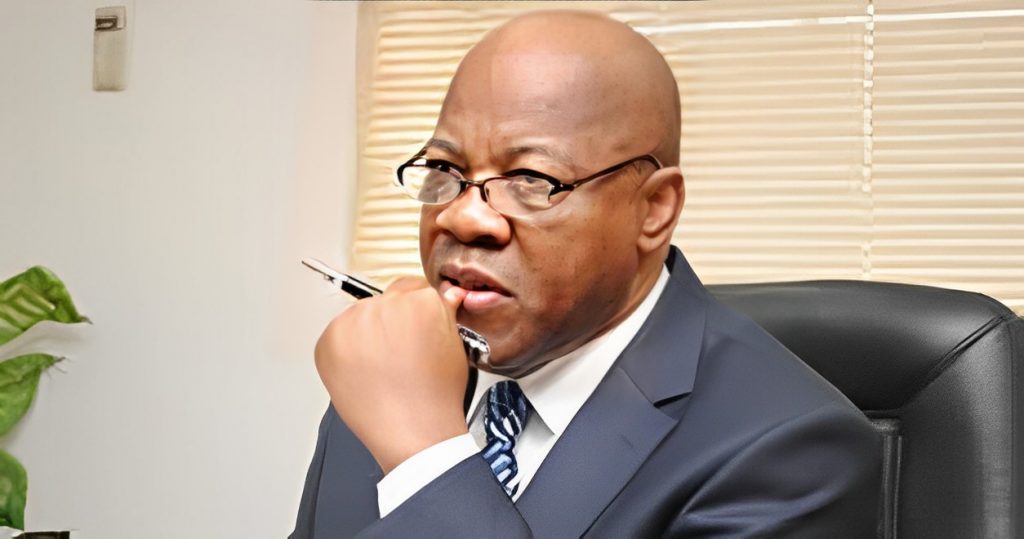
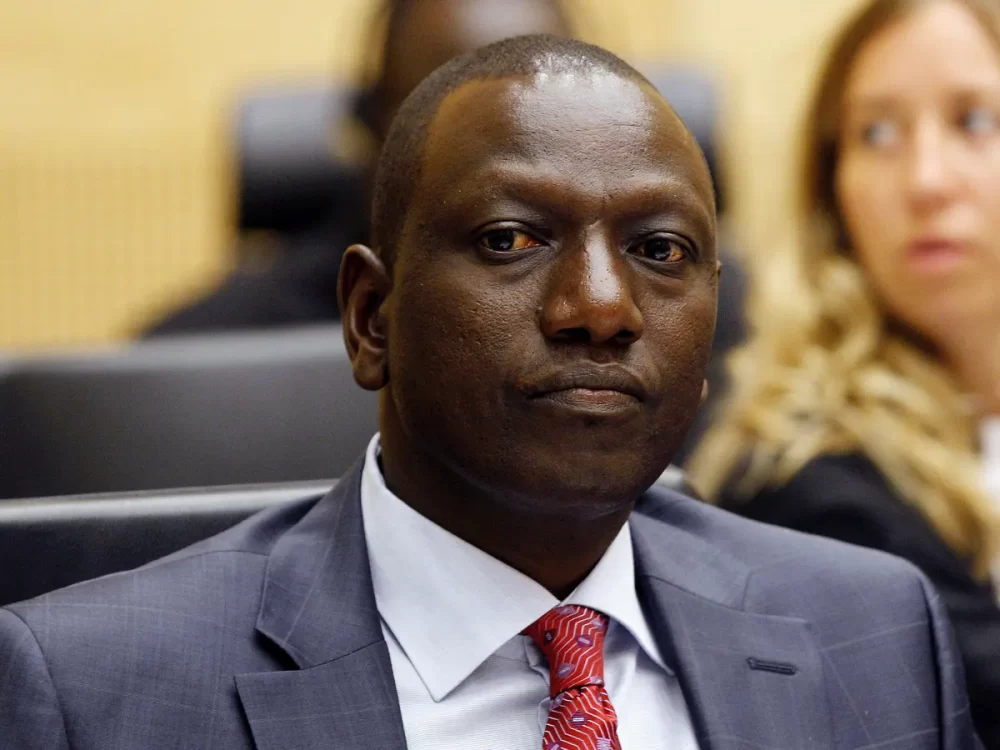
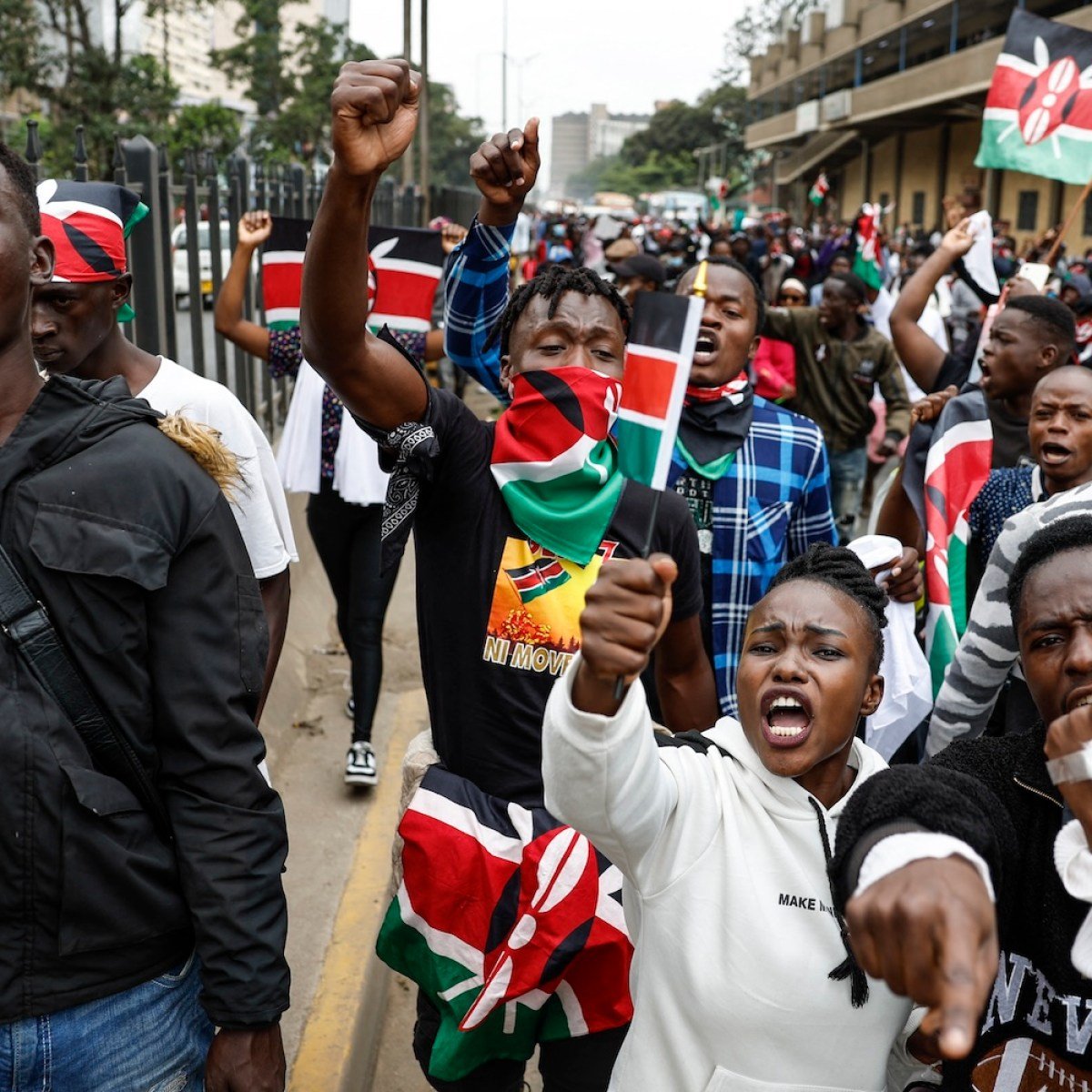


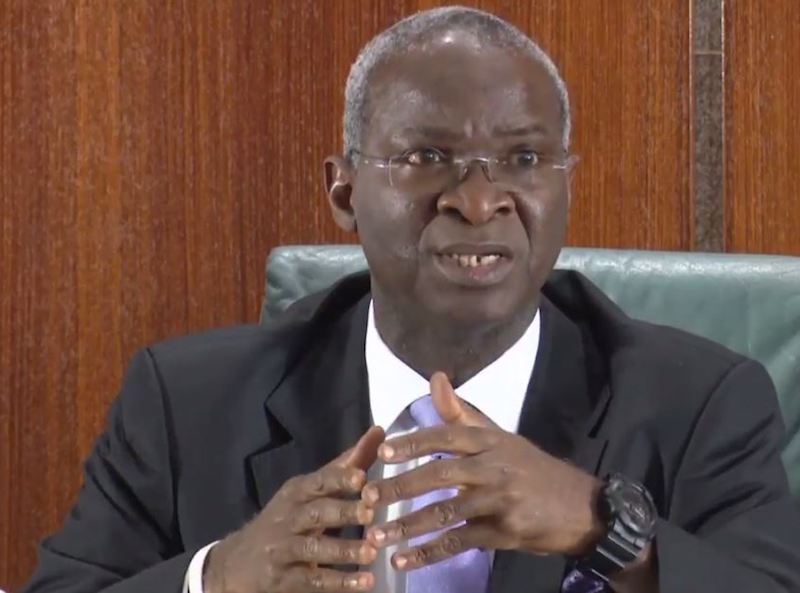
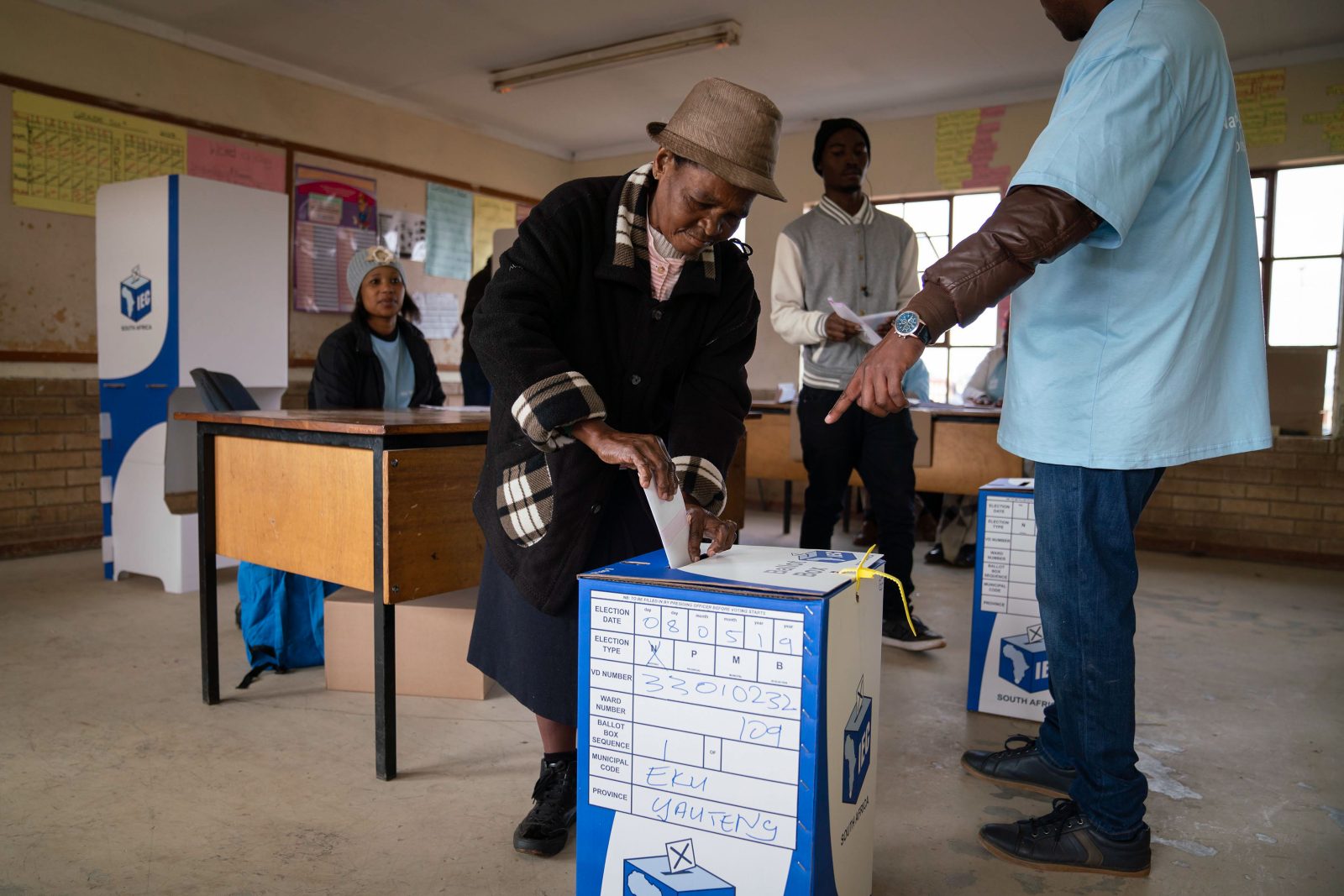

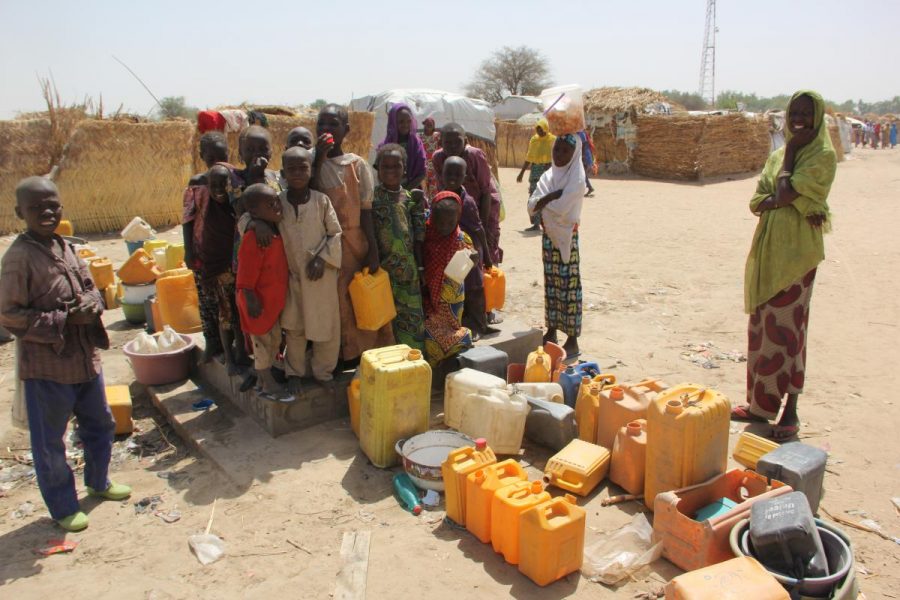
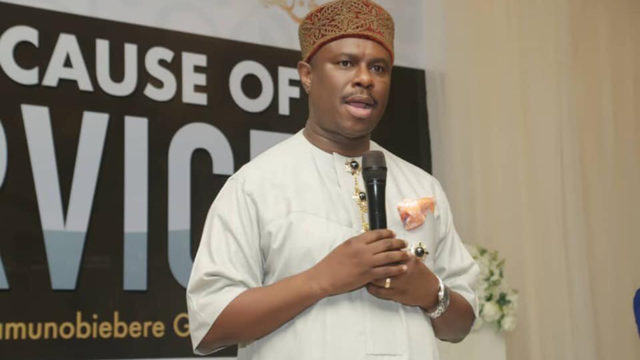
Leave a comment